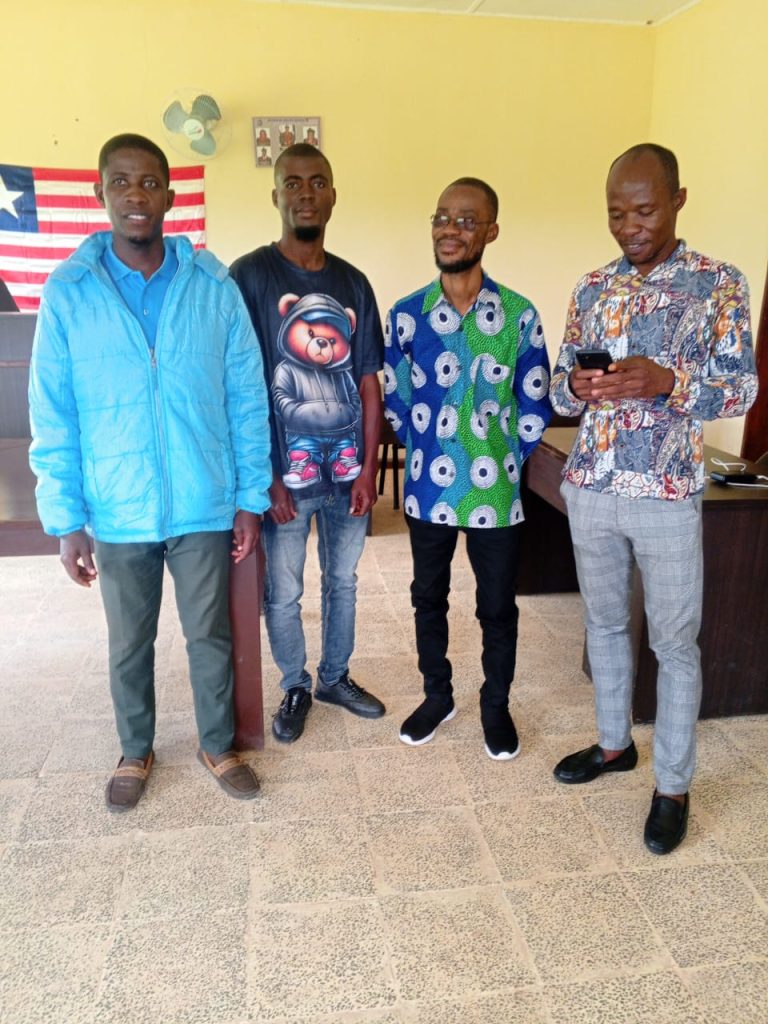The case of Liberian journalists Eric Opa Doue and Methuselah Gaye, charged with criminal contempt of court, reached a resolution on August 20, 2025, marking a significant victory for press freedom in the country. The Yarpah Town Magisterial Court in Rivercess County, presided over by Magistrate Debah Zuku Debah, agreed to drop the charges following a strong legal defense presented by Attorney Bruce Boweh, who was appointed by the Press Union of Liberia (PUL) to represent the journalists. While the journalists were ultimately fined fifty US dollars each and required to issue a formal apology and retraction of their bribery allegations, the dismissal of the criminal contempt charge averted a potentially more severe outcome and reaffirmed the importance of safeguarding journalistic freedom against intimidation and harassment. The case underscores the delicate balance between press freedom and the integrity of the judicial system, highlighting the crucial role of legal representation and advocacy in protecting journalists’ rights.
The journalists’ ordeal began with their reports alleging bribery within the court system. Doue was arrested on August 13th and subsequently ordered to appear in court, while Gaye faced detention on August 14th on a complaint filed by a police officer acting as a private prosecutor, who accused them of making false allegations connecting him to narcotics and bribery. Both journalists were released on bail after spending a night in custody, with Gaye paying a substantially higher bail amount. The PUL condemned the arrests as a coordinated attempt to suppress journalistic expression in Rivercess County and criticized the Public Defender’s refusal to represent the journalists. This context underscores the precarious position of journalists working in environments where freedom of the press can be challenged.
The PUL’s intervention, securing Attorney Boweh’s representation, proved crucial in navigating the legal complexities of the case. Boweh’s strategy involved acknowledging the factual inaccuracies in the journalists’ reporting while emphasizing their intention to inform the public on a matter of public interest, rather than to maliciously defame the court. He pledged to the PUL and the court to uncover any substantiated evidence of bribery and, failing that, to advocate for the dismissal of the contempt charge based on the journalists’ admitted errors and public apologies.
Boweh’s investigation confirmed the lack of concrete evidence to support the bribery accusations, with the journalists having relied on unnamed sources and conjecture. This aligned with the PUL’s own assessment and the journalists’ acknowledgment of their inaccuracies. Their willingness to admit their mistakes and issue public apologies, a practice consistent with both journalistic ethics and legal processes, likely contributed to the favorable outcome. The Magistrate’s decision to impose a fine and require a formal apology and retraction represents a compromise that simultaneously acknowledges the need for journalistic accountability and avoids a chilling effect on press freedom.
The case resonates with broader discussions about the role of the media in holding institutions accountable and the potential for legal measures to be used to stifle critical reporting. The PUL’s active involvement and the successful legal representation highlight the importance of organizations dedicated to defending press freedom and ensuring journalists have access to legal support, particularly in situations where they face legal action for their reporting. The outcome, though involving some penalties for the journalists, ultimately protects their ability to continue their work without the threat of criminal charges hanging over them.
The resolution of this case reinforces the principles enshrined in the Kamara Abdullah Kamara Act of Press Freedom and Liberia’s commitment to the Declaration of Table Mountain, which emphasizes the importance of a free and independent press. While the journalists faced consequences for their flawed reporting, the court’s decision to drop the criminal contempt charges underscores the importance of protecting journalists from undue legal harassment and preserving their ability to report on matters of public concern, even when their reporting contains errors. The case also highlights the need for journalists to adhere to ethical standards and practice responsible journalism by verifying information and relying on credible sources. The fine and required apology serve as a reminder of the importance of accuracy and accountability in reporting. However, the avoidance of criminal charges ultimately safeguards the broader principle of press freedom in Liberia.


